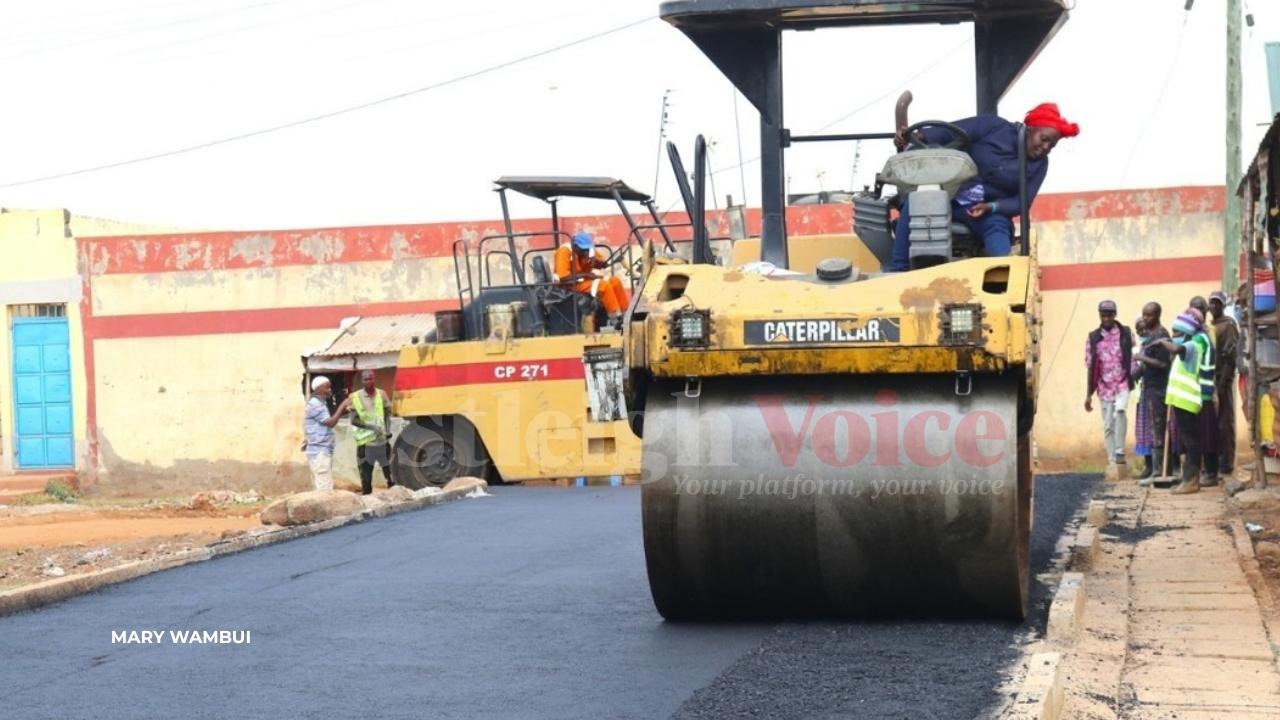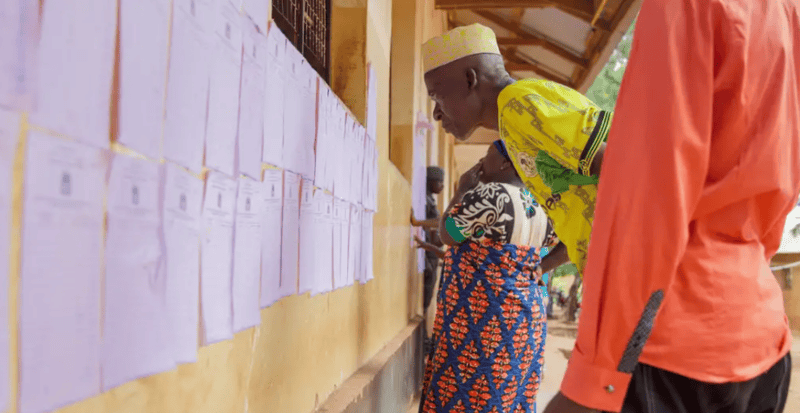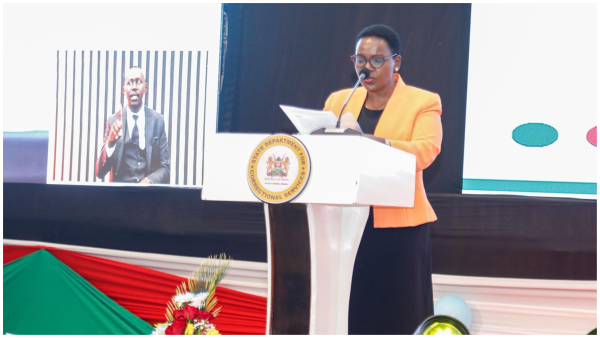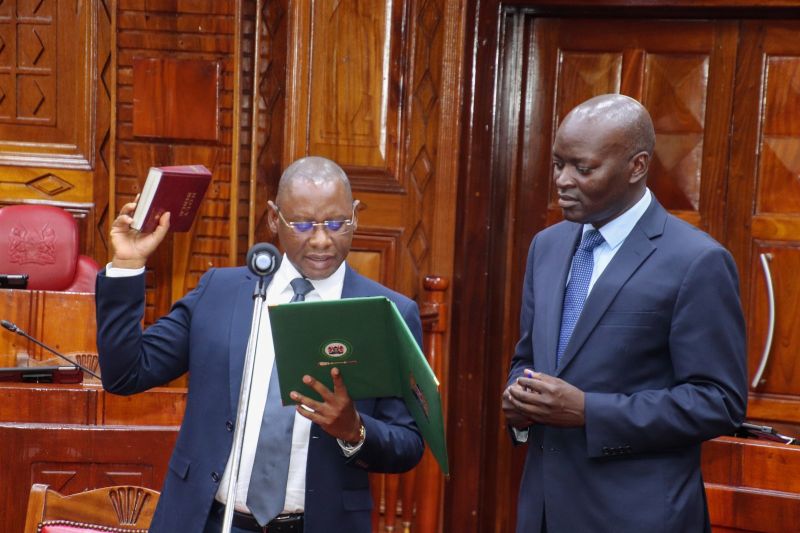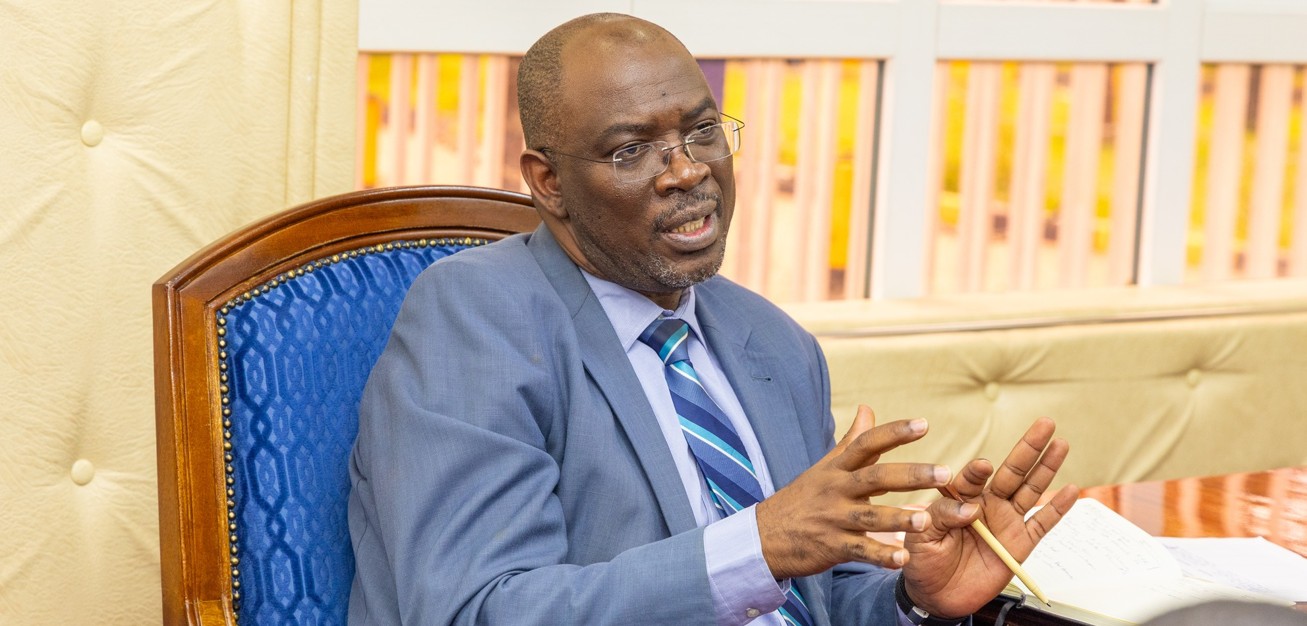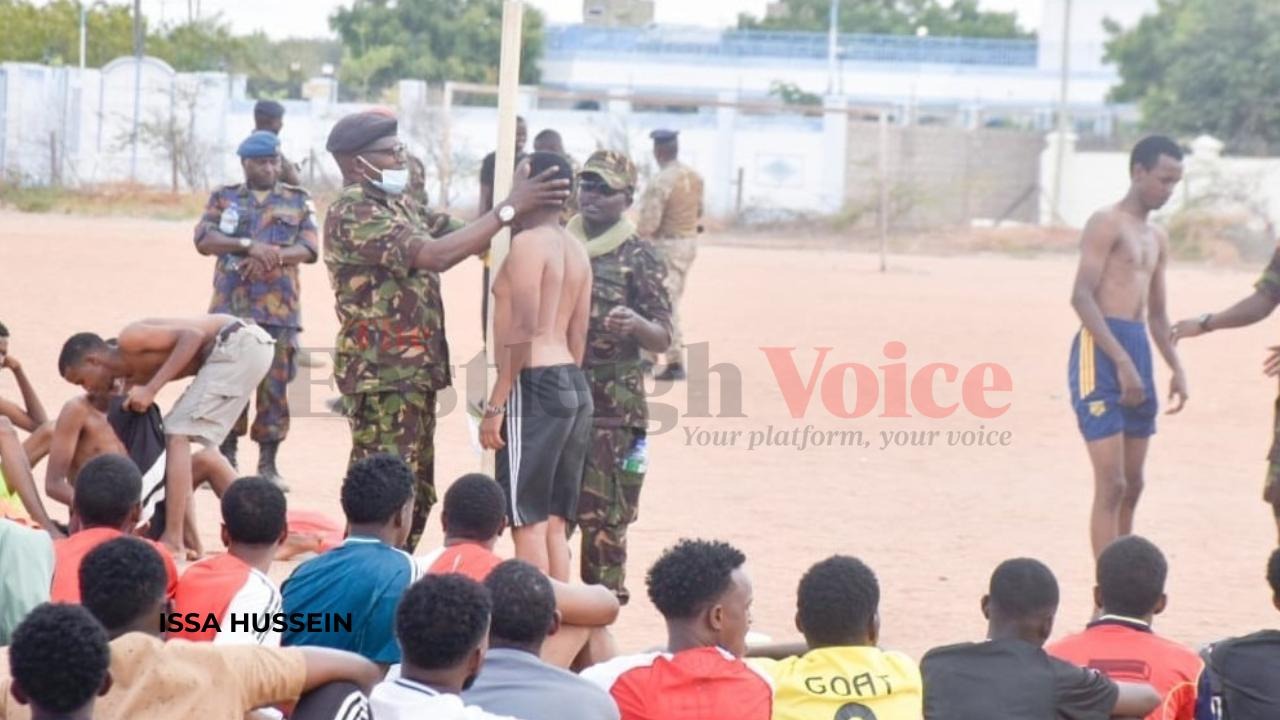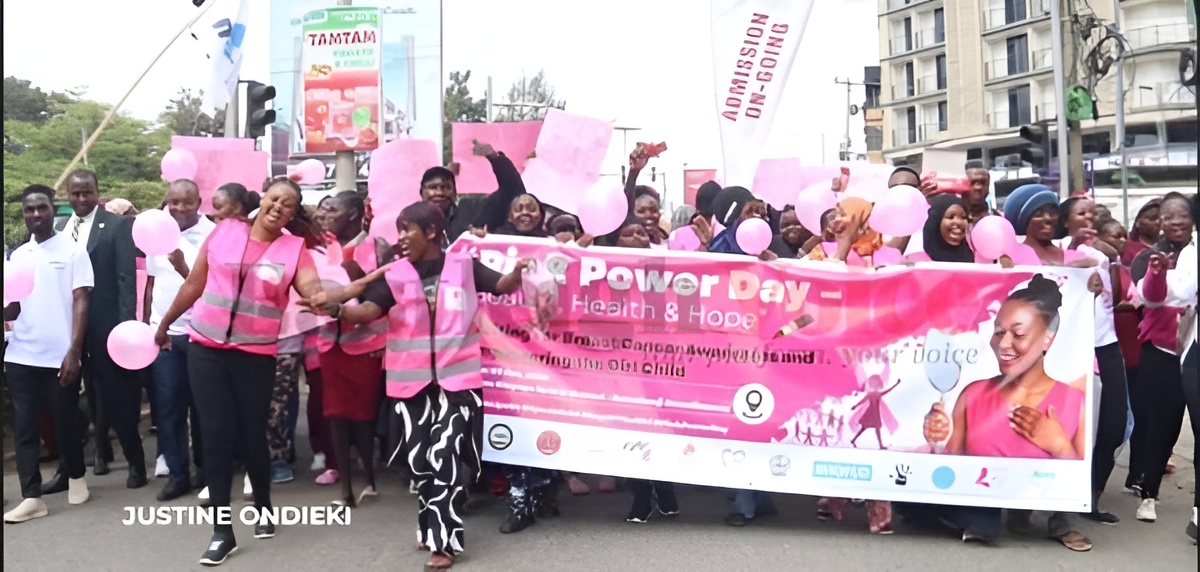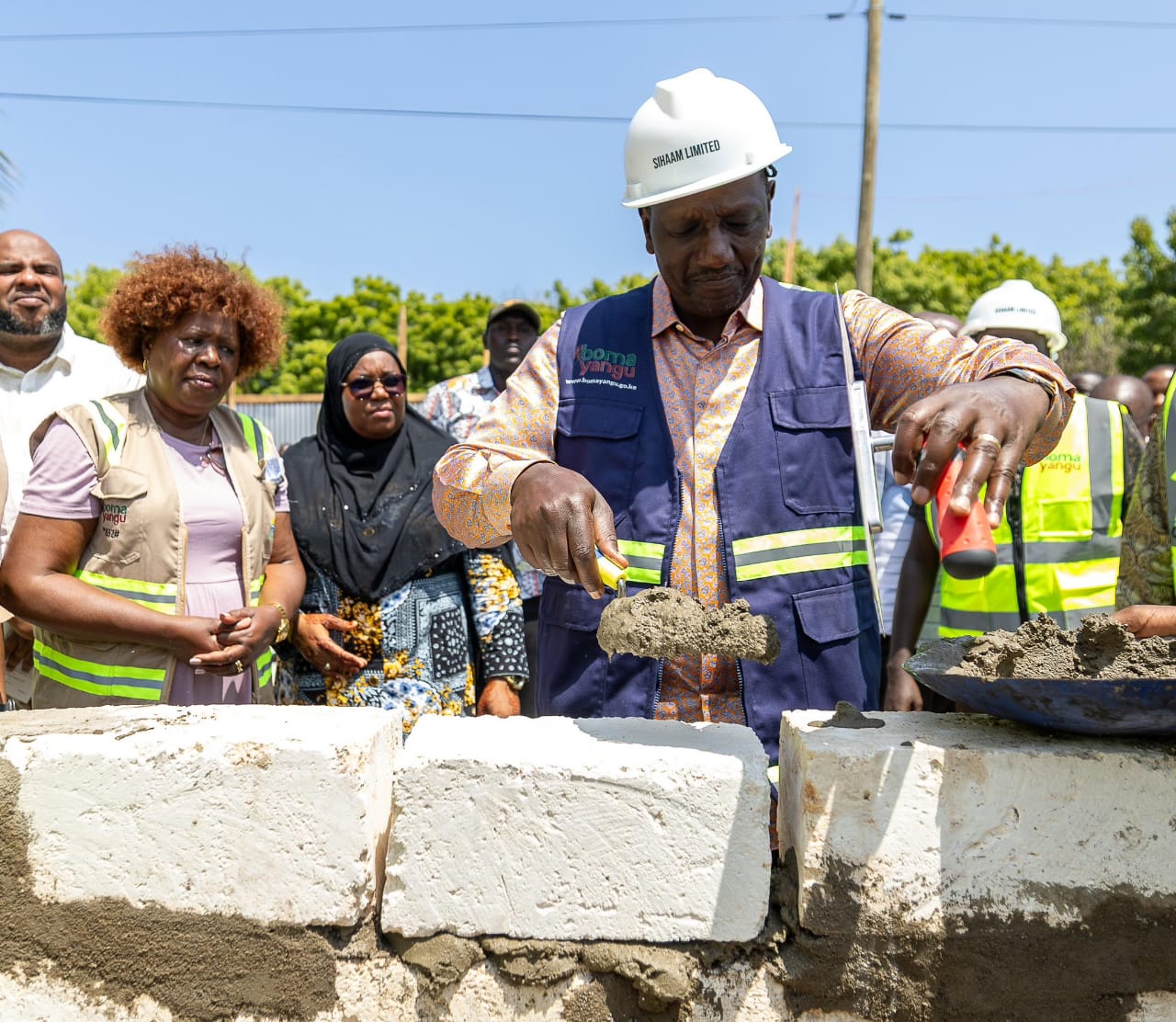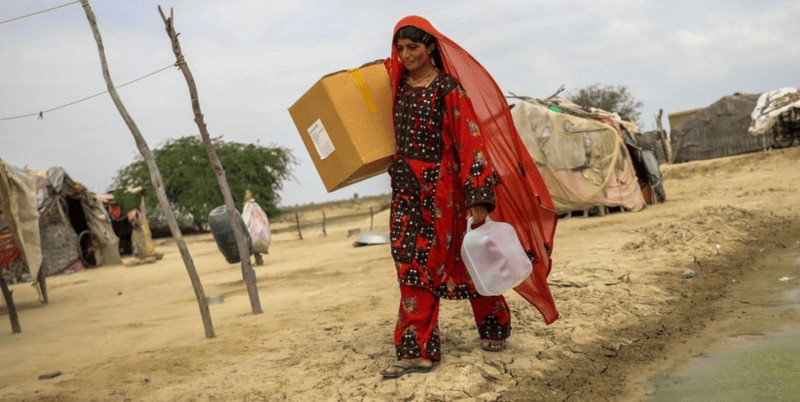Ex-KDF veteran narrates ordeal with ID vetting committee, welcomes suspension
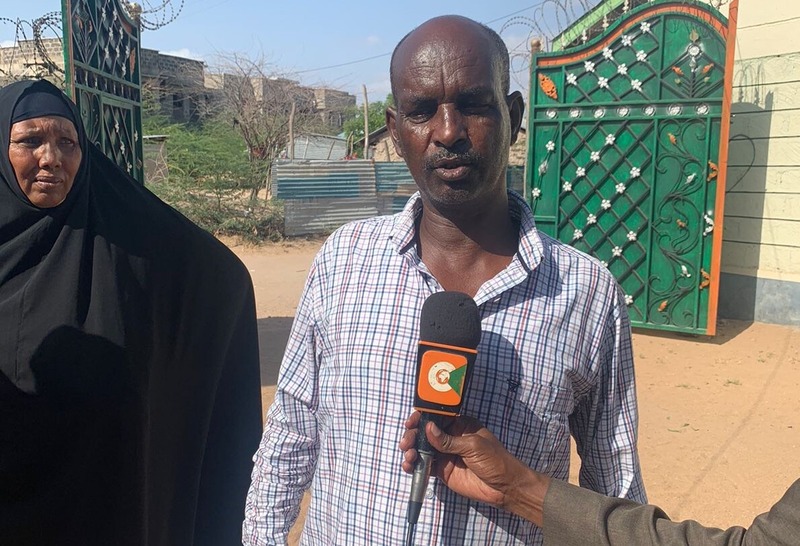
He added that many children raised in military camps were unable to speak fluent Somali and struggled to answer simple questions posed by the vetting committee, such as identifying their clan and sub-clan.
Abdi Salat, a retired Kenya Defence Forces (KDF) veteran, is among many parents who have welcomed the suspension of the national identity card vetting process in northern border counties.
After serving in the KDF at Gilgil Barracks for over 15 years, he retired and returned home to Garissa town.
More To Read
- Nairobi MPs lose court battle to stop ongoing KDF recruitment exercise
- President Ruto outlines four Raila-inspired pillars to drive Kenya’s growth
- Raila Odinga’s life offers five key lessons to guide Kenya’s future - President Ruto
- KDF projects worth Sh22 billion stall as contractors abandon sites
- Raila was a political engineer, and I was his student- Ruto
- Ruto: I reached out to Raila after 2022 elections to right historical injustices
His eldest daughter, now a student at Garissa Teachers Training College, needed to register for an identity card. However, he recalls how he spent two years moving from one registration exercise to another after the vetting committee repeatedly denied her the opportunity to obtain a national identity card.
"The vetting process was discriminatory and facilitated corruption. Non-Kenyans benefitted while we were left to suffer," he said.
In 2021, families of retired KDF officers took to the streets to protest against the denial of ID cards to their children.
"The elders on the vetting committee do not recognise families who lived in various military camps before returning home after years of service to the country. You either had to bribe the committee or your child was categorised as an unknown," he said.
He added that many children raised in military camps were unable to speak fluent Somali and struggled to answer simple questions posed by the vetting committee, such as identifying their clan and sub-clan.
Abdi recounted how former KDF veterans came together to form the Garissa Ex-KDF Veterans' Families Union, with a membership of over 500, to address the issue with the county security team and elected leaders.
"At long last, my daughter received her ID after an unnecessarily punitive process. We truly appreciate President William Ruto for signing the Executive Order halting the vetting requirement," he said.
Mohamed Abdullahi Aden, a third-year student at the University of Nairobi, also expressed his joy over the presidential decree.
"I should have been in my fourth year now, pursuing my engineering course. However, I was unable to report to campus after high school because I had no ID card. The vetting committee, which demanded Sh10,000, denied me the opportunity to obtain one. The chiefs and elders on the committee insisted I was an alien, despite my father being a well-known civil servant in Garissa," he claimed.
He added that travelling to Nairobi without an identity card was nearly impossible due to police officers manning several checkpoints, where travellers were required to produce the document.
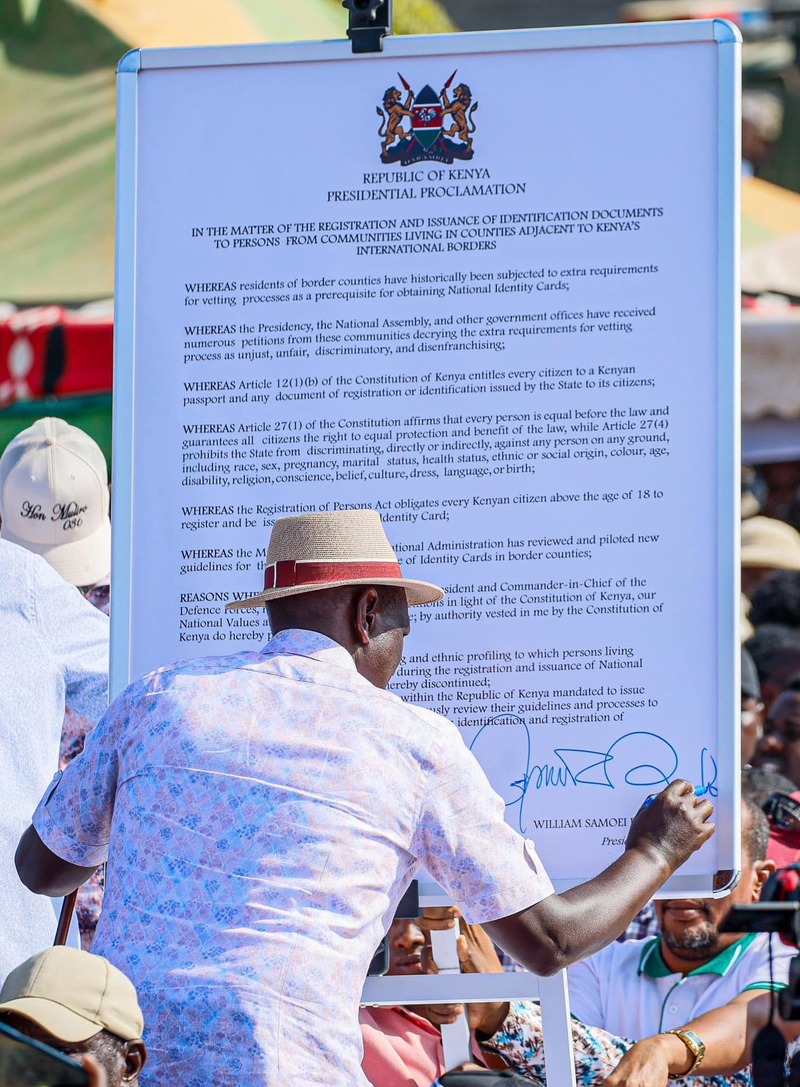 President William Ruto signing the suspension of the ID vetting process in Northern Kenya. (PCS)
President William Ruto signing the suspension of the ID vetting process in Northern Kenya. (PCS)
Muktar Dahir, a human rights activist in Garissa, explained how residents of Garissa, Wajir, Mandera, Isiolo, Marsabit, and Lamu counties have historically suffered injustices that denied them access to essential services, unlike other border regions in Kenya.
"The vetting process was selectively applied to specific communities and became a cash cow for corrupt individuals, who approved the issuance of ID cards in exchange for bribes," he said.
He criticised Kenyans who were spreading propaganda that the suspension of the vetting process would allow foreigners to obtain ID cards, thereby compromising national security.
"It is unfortunate that Kenyans who do not understand our suffering are now politicising the presidential decree," he said.
He also condemned Trans Nzoia Governor George Natembeya’s statement, in which he claimed that the president had been ill-advised and that the suspension would result in Al-Shabaab members becoming MCAs, MPs, and governors.
He dismissed the governor’s allegations, asserting that Natembeya still held the mindset of former provincial administrators who profited from the vetting process.
Leaders from the region also welcomed the president’s directive on the vetting process.
According to Fafi MP Salah Yakub, residents of northern Kenya gained their true independence the moment the president signed the decree overturning the vetting process, which had existed since Kenya’s independence.
"Kenya gained independence in 1963, but we only truly became free after the president suspended the punitive vetting process at Orahey Grounds in Wajir County," said the MP during President Ruto’s visit to Garissa town.
Others who praised the decision included Environment Cabinet Secretary Aden Duale, as well as leaders from Garissa and the wider northern region.
Top Stories Today
